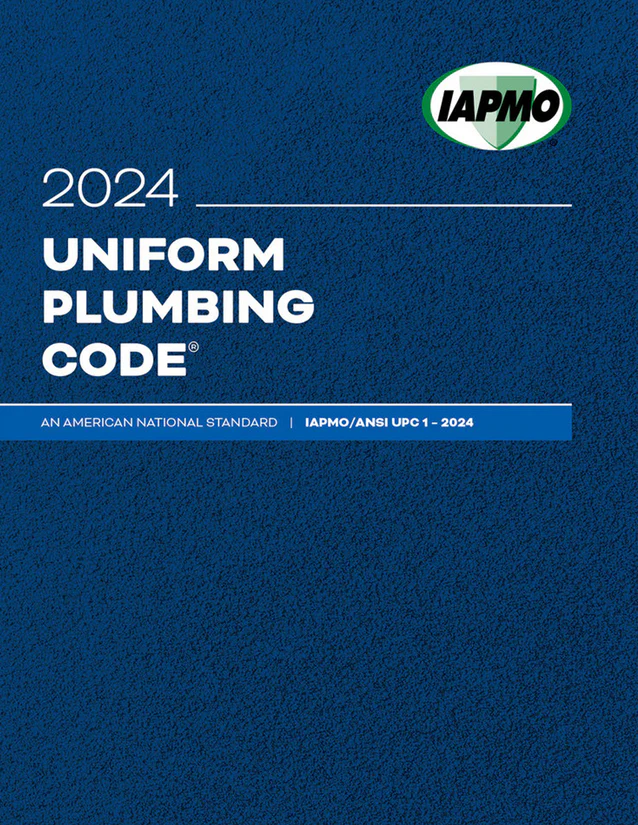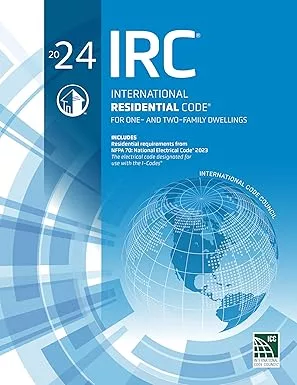Construction Fatality Rate Falls
According to the BLS, the total number of fatalities for plumbers, pipefitters, steamfitters and apprentices was 37, down two from 1999's total of 39. Fatalities for the plumbing industry have stayed at a steady level over the past decade. Since 1992, no less than 33 plumbers were killed in a fiscal year, but no more than 41 plumbers have been killed in a year, either.
In April 2001, Thomas Wengelewski, a plumber in the Chicago area, died while trying to unplug a drainpipe. His crew plugged a drainpipe on a rooftop to prevent potential rainfall from ruining the work area. After a heavy downpour, Wengelewski reached underwater to deflate the plug and got sucked into the pipe.
Fatal accidents are rare, but taking proper precautions to avoid such accidents is important. Charlie Shields, area director of the Chicago OSHA, says among the problems facing plumbers on the job, there are four common categories by which fatalities occur -- falls, crushed by, struck by and electrocution.
One hazard with an extremely high fatality rate is a trench collapse. "Trench collapses are fairly common among problems," Shields says. "When 3,000 pounds of dirt falls on a plumber's chest, it makes it impossible to breathe."
Although plumbing deaths were down in 2000, overall deaths for the entire PHC industry were up from 66 fatalities in 1999 to 73 last year. Shields says any increase is bad, but when there is an increase in labor-hours worked more fatalities are expected. "We don't have any definite numbers on hours worked by plumbers for the year, but we expect them to be much higher than in 1999. It's only natural to expect more fatalities and accidents when you work more hours."
Georgiana Kipp, executive director for the Plumbing and Mechanical Contractors Association, says many efforts have been made to avoid accidents like Wengelewski's, and to make the plumbers' work environments as safe as possible.
"We have put a lot of time and money into safety, and have begun handing out [non-monetary] awards," Kipp says. "These are the best ways we can stress the need for safety."
Looking for a reprint of this article?
From high-res PDFs to custom plaques, order your copy today!





